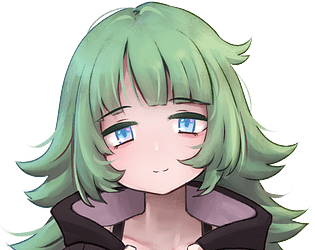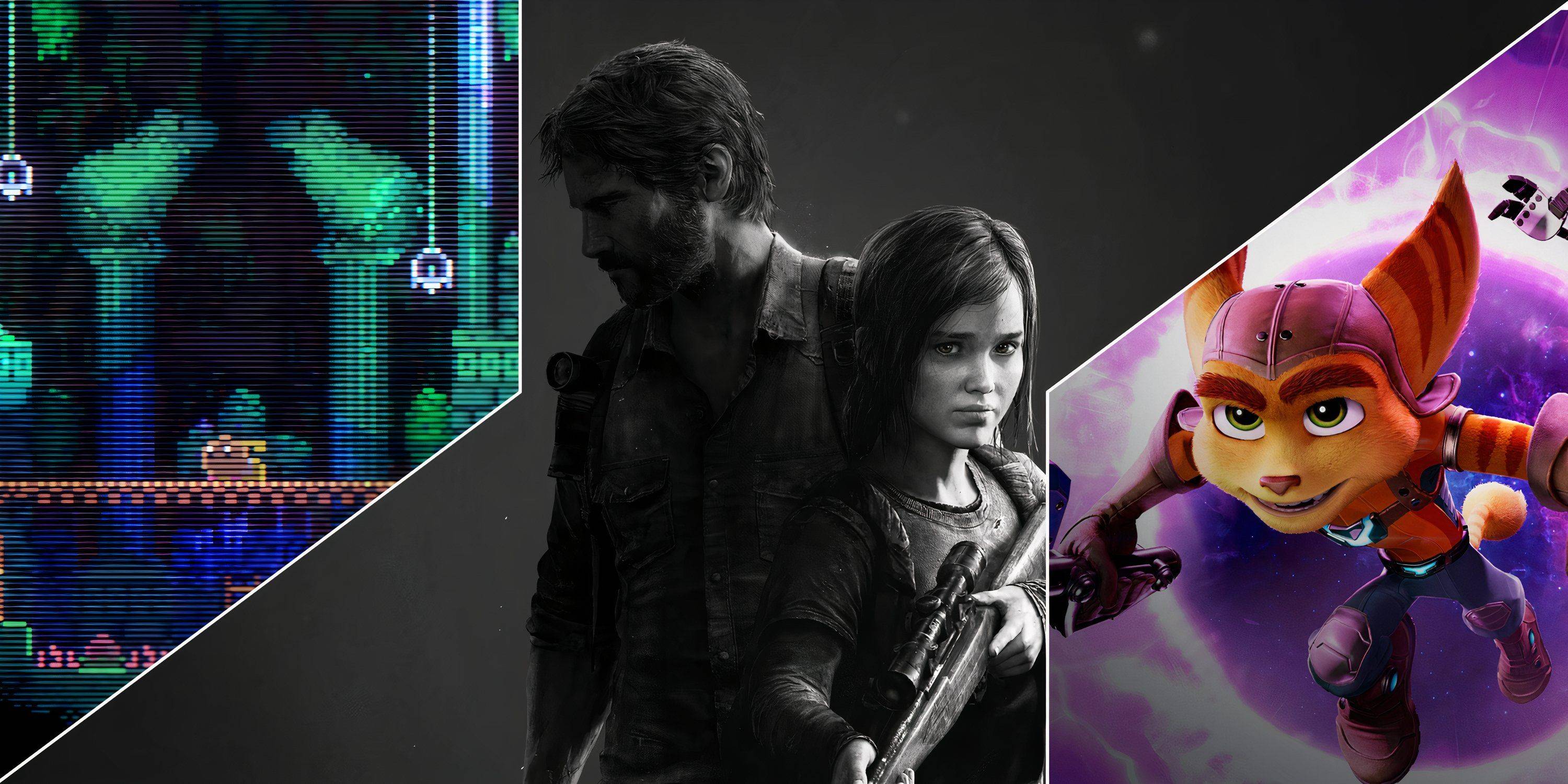2025 marks a significant year for DC, with James Gunn’s Superman film set to inaugurate the new DCU theatrically. DC Studios is bustling with numerous film and television projects, while the Absolute Universe in the comics is generating buzz in DC's publishing division. Amidst this excitement for the upcoming DC universe media, one critical question looms large: What is happening with Wonder Woman? Created by William Moulton Marston and H. G. Peter, this iconic superhero and essential figure in the DC universe seems to be missing from the spotlight in recent franchise media.
Beyond the pages of comics, Diana of Themyscira has faced challenges in recent years. Her live-action film franchise stumbled following the mixed reception of Wonder Woman 1984, and she is absent from the current DCU lineup, which instead features a show about the Amazons. Additionally, Wonder Woman has never had her own dedicated animated series, and her first solo video game, announced in 2021, was cancelled. These developments raise questions about Warner Bros.' strategy regarding one of the most iconic female superheroes. Let's examine how Warner Bros. and DC might be mishandling Wonder Woman's presence.
One Hit Wonder
In the late 2010s, amidst the fierce competition between the Marvel Cinematic Universe and the DCEU, the first Wonder Woman film emerged as a standout success for the latter. Released in 2017, it garnered largely positive reviews and earned over $800 million globally. Following the polarizing reactions to Batman v Superman and Suicide Squad, Patty Jenkins' vision of Diana resonated with audiences in a way the previous DC films had not. While the film isn't without flaws, such as third act problems and Gal Gadot's performance focusing more on action than character depth, its strong performance should have paved the way for a thriving franchise.
However, the sequel, Wonder Woman 1984, released in 2020, did not meet the same success. It received a mixed reception and failed to recoup its budget at the box office, partly due to its simultaneous release on HBO Max during the COVID-19 pandemic. Yet, the film's narrative issues, tonal inconsistencies, and controversial elements, such as Diana having sex with Chris Pine's Steve Trevor while in another man’s body, further hampered its reception. This sequel was a disappointing follow-up that did not capitalize on the original's strengths.
Despite the sequel's shortcomings, Wonder Woman should not have been sidelined. Plans for a third film were phased out, and there has been no progress on another Wonder Woman feature since. It's disheartening to see Wonder Woman overlooked after one underperforming movie, especially when characters like Batman and Spider-Man receive numerous reboots and relaunches. Other forms of media could have filled the void, but there has been a noticeable absence of Wonder Woman across various platforms.
Diana Prince, Missing in Action
As the new DCU embarks on a fresh slate of adaptations, one might expect Wonder Woman to be a focal point. However, the ambitiously titled Chapter One: Gods and Monsters does not include a dedicated Wonder Woman project. Instead, DC Studios head James Gunn and producing partner Peter Safran have chosen to focus on lesser-known properties such as Creature Commandos, Swamp Thing, Booster Gold, and The Authority. While there's merit in exploring obscure IPs, these choices are juxtaposed with new projects featuring Superman, Batman, and Green Lantern, leaving Wonder Woman conspicuously absent.
DC Universe: Every Upcoming Movie and TV Show
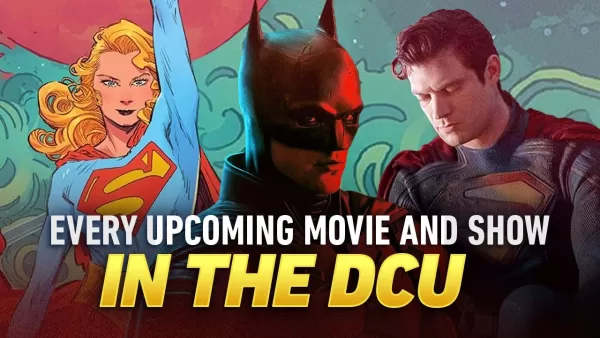
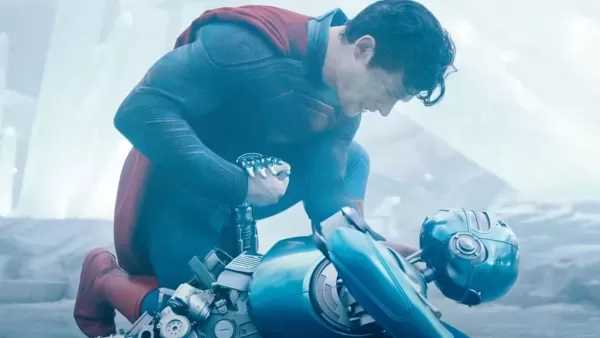 View 39 Images
View 39 Images

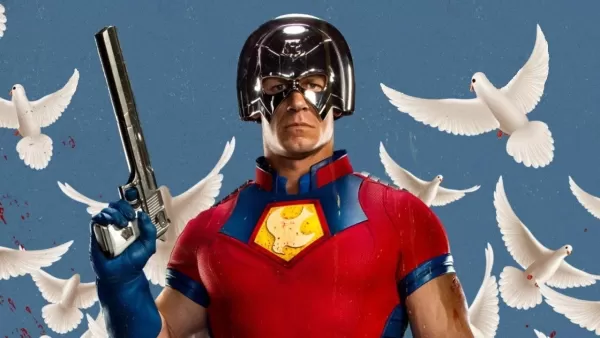
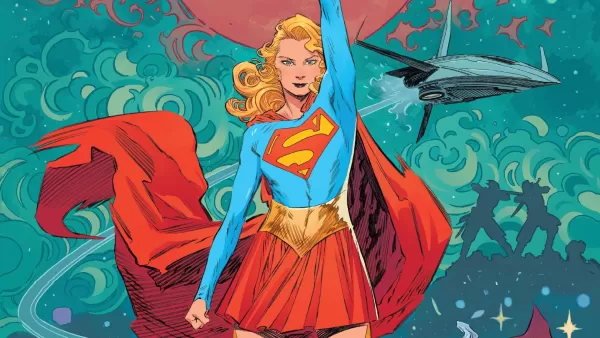
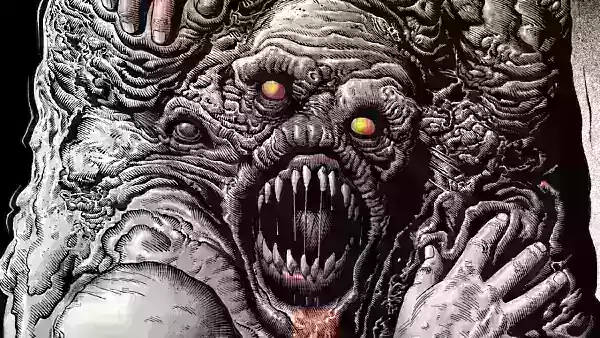
The DCU has introduced Paradise Lost, a television series focused on the Amazons of Themyscira set before Wonder Woman's birth. While exploring the Amazons' history and enriching Wonder Woman's mythos is commendable, creating a show within the Wonder Woman franchise that doesn't feature Wonder Woman herself evokes comparisons to the Sony Marvel Universe. This raises concerns about whether DC Studios sees Diana as less of a draw than the world-building elements associated with her. It's puzzling why there's such urgency to launch a new Batman franchise, potentially running two simultaneously, but not to prioritize a Wonder Woman project.
The DC Animated Universe of the '90s and early 2000s included Wonder Woman prominently in Justice League and Justice League Unlimited, but she never received her own solo series, unlike Batman and Superman. In fact, despite nearly a century since her debut, Wonder Woman has never had a dedicated animated series. She's featured regularly in DC Universe direct-to-video animated films, yet she has starred in only two: Wonder Woman in 2009 and Wonder Woman: Bloodlines in 2019. With the surge in superhero popularity over the past decades, it's surprising that a Wonder Woman project remains elusive.
Answer See Results
Let Me Play as Wonder Woman, Dammit
The recent cancellation of the Wonder Woman game developed by Monolith Productions adds to the frustration. Whether the poor performance of other DC games like Suicide Squad: Kill the Justice League and MultiVersus contributed to its demise remains unclear. However, the cancellation after such a long development period feels like a missed opportunity, especially since it would have been Diana's first game as the lead protagonist. With the resurgence of character action games, now is an ideal time for a Wonder Woman action-adventure game, akin to God of War or Ninja Gaiden, where she could battle Greek mythology-inspired monsters.
While Diana has been playable in games like Injustice, Mortal Kombat vs. DC Universe, and various LEGO DC titles, the absence of a AAA action game dedicated to her is glaring. DC's failure to build on the success of Rocksteady’s Batman Arkham franchise with games featuring Wonder Woman, Superman, and the Justice League is a missed opportunity for revenue. It's particularly galling that Diana's first appearance in the Arkham timeline in Suicide Squad: Kill the Justice League sees her getting killed off as a non-playable character, while the male members of the Justice League survive as evil clones.
The combination of a faltering film franchise, lack of dedicated animated series, and inadequate video game representation reflects a concerning lack of respect from Warner Bros. and DC for one of their most iconic characters. If they undervalue the third biggest hero in their roster, it raises doubts about their regard for the thousands of other DC characters. With hope, Gunn’s Superman reboot will initiate a new era of DC adaptations, distancing from the troubled DCEU. As Warner Bros. progresses with their relaunched franchise, it is crucial they recognize the value Diana Prince brings to their universe. After nearly a century, she and her fans have waited long enough.
 Home
Home  Navigation
Navigation






 Latest Articles
Latest Articles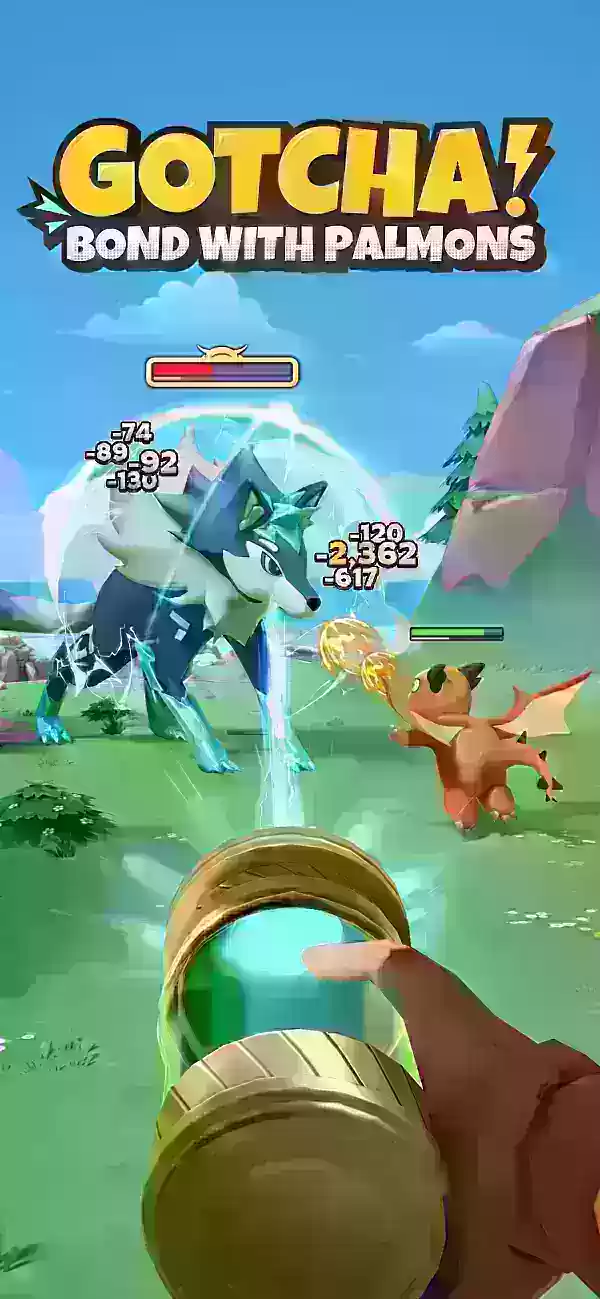
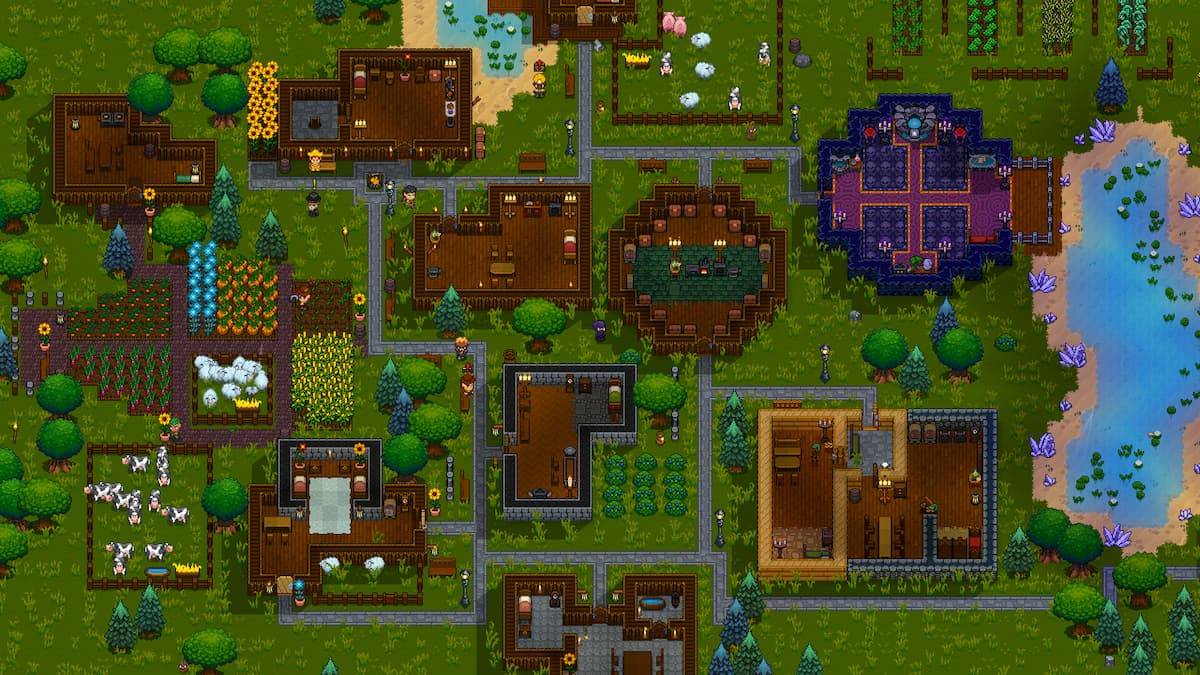
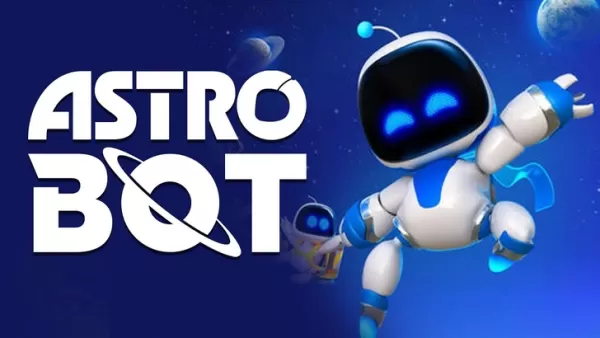








 Latest Games
Latest Games
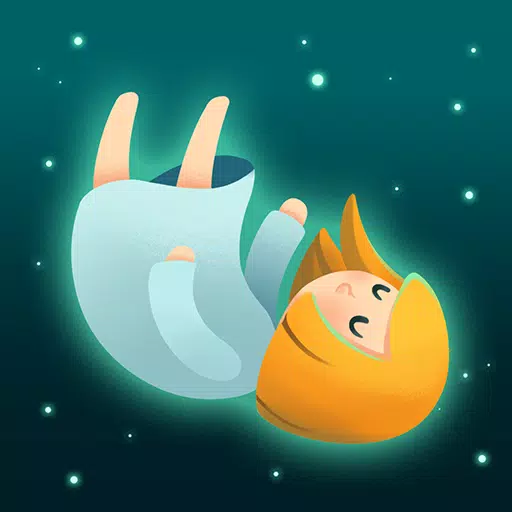

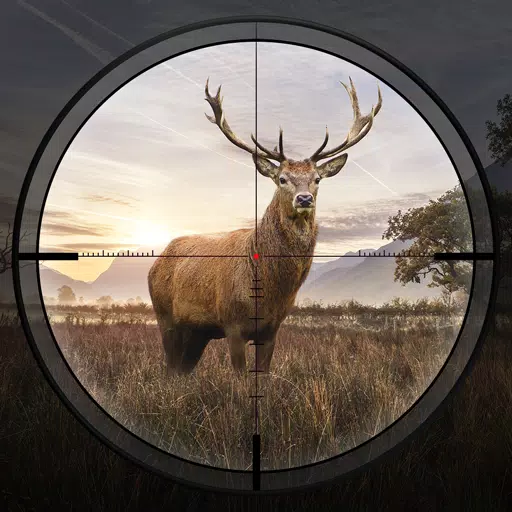

![Chubby Story [v1.4.2] (Localizations)](https://imgs.xddxz.com/uploads/85/1719638042667f981a5e9f8.jpg)
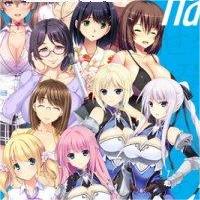
![Zia – New Version 0.4 [Studio Zia]](https://imgs.xddxz.com/uploads/47/1719569268667e8b74e6004.jpg)

